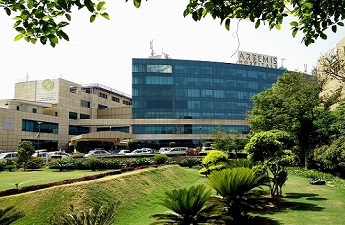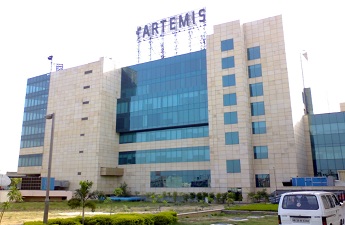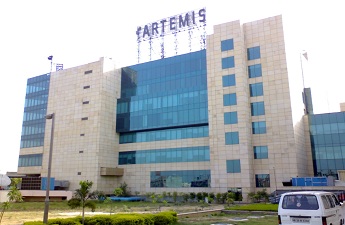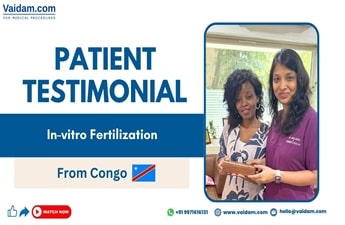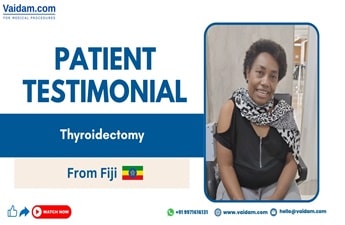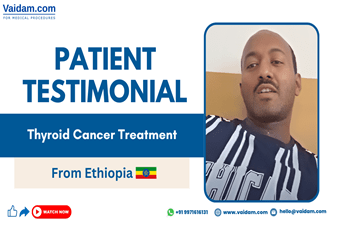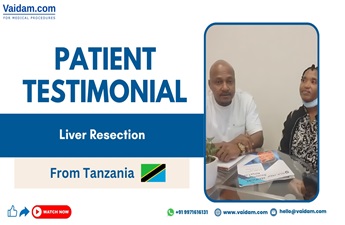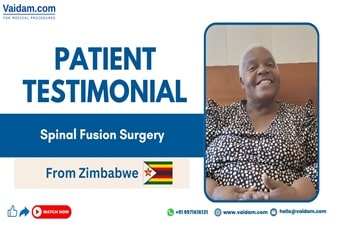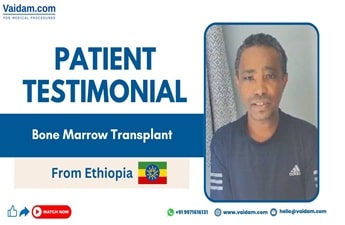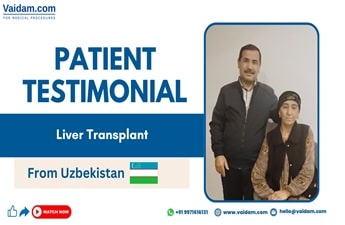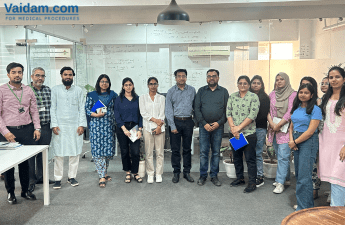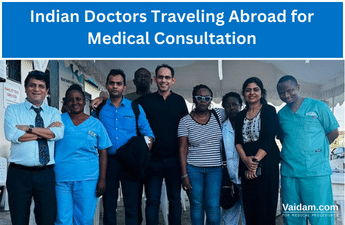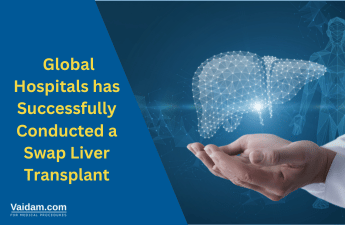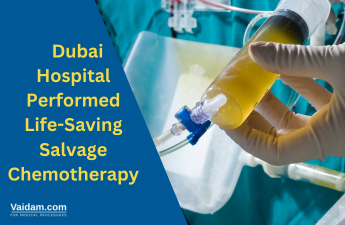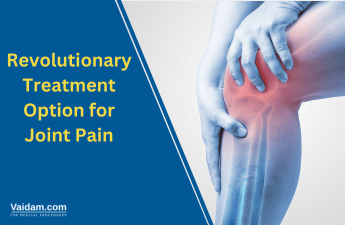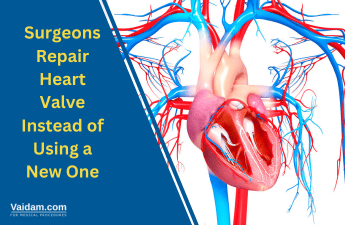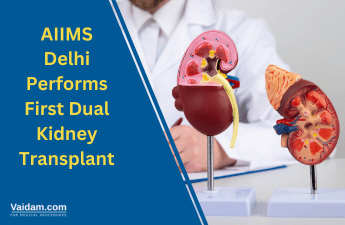Dr Indu Taneja renowned face in the medical fraternity. She is the most respected and highly skilled Gynaecologist and Obstetrician in India. She has 25 years of vast experience. She is currently working at the Fortis Escorts Hospital, Faridabad as HOD.
Her expertise lies in high-risk obstetrics, invasive and Laparoscopic surgeries. Dr Indu Taneja is a member of FOGSI, AOGD, Indian Medical Association, Indian Menopause Society. Under her credit, there are various national and international publications. She is actively involved in women's health awareness camps. She persuaded her MBBS from Rehman Medical College Followed by DGO.
In this article, we will discuss how we can manage High-Risk pregnancies and what role does Obstretians play in saving the lives of patients.
Managing a High-Risk Pregnancy
Having a baby is usually a natural procedure. Women who have had a full-term pregnancy go into labour on or near their due date and give birth to a healthy baby. They leave the hospital a day or two later to begin their new normal with their growing family. However, not all pregnancies go as planned. Some women have what physicians call a high-risk pregnancy.
When there are possible problems that might damage the mother, the baby, or both, pregnancy is called high-risk. High-risk pregnancies need the care of a professional to guarantee the best possible result for the mother and baby. If you have a high-risk pregnancy, you or your baby may be more vulnerable to health concerns before, during, or after birth. During pregnancy, specific monitoring or care is usually required. Learn about the risks of a high-risk pregnancy and what you can do to protect yourself and your baby.
What are the risk factors for a high-risk pregnancy?
A high-risk pregnancy can sometimes be the consequence of a pre-existing medical issue. In other situations, a medical issue that arises during pregnancy that affects either you or your baby makes the pregnancy high risk. Among the specific variables that may lead to a high-risk pregnancy are:
- Maternal age has advanced: The age of the mother-to-be is one of the most prevalent risk factors for a high-risk pregnancy. Women who are under the age of 17 or beyond the age of 35 when their baby is due are at a higher risk of problems than those in their late teens and early thirties. After the age of 40, the chance of miscarriage and genetic abnormalities grows even more.
- Choices in lifestyle: Cigarette smoking, alcohol use, and illicit drug use can all jeopardise a pregnancy.
- Obstacles to maternal health: Pregnancy risks can be increased by high blood pressure, obesity, diabetes, epilepsy, thyroid illness, heart or blood problems, poorly managed asthma, and infections.
- Complications of pregnancy Various problems that arise during pregnancy might be dangerous: An incorrect placenta position, foetal development less than the 10th percentile for gestational age (foetal growth restriction), and rhesus (Rh) sensitization – a potentially fatal disease that can arise when your blood type is Rh-negative and your baby's blood group is Rh positive — are all examples.
- Pregnancy with multiples: Women who are pregnant with twins or higher-order multiples have increased pregnancy risks.
- Pregnancy history: A history of pregnancy-related hypertension problems, such as preeclampsia, increases your chances of being diagnosed with this condition during your future pregnancy. If you had a preterm birth in your previous pregnancy or if you've had many premature births, you're more likely to have another premature birth in your future pregnancy. Discuss your whole obstetric history with your health care physician.
Conditions that existed prior to pregnancy. The following conditions can endanger the mother or baby:
- Blood pressure that is too high
- Problems with the lungs, kidneys, or heart
- Diabetes Suffering Depression
- Obesity
- Autoimmune disorder
- Diseases spread through sexual contact (STDs)
- Infections can last a long time (chronic), such as the human immunodeficiency virus (HIV)
A miscarriage history, difficulties with a prior pregnancy, and a family history of genetic abnormalities are all risk factors for a high-risk pregnancy.
If you have a medical issue, you should see your doctor before becoming pregnant. Your doctor may order tests, change medicines, or advise you on what you should do to safeguard your and your baby's health.
Pregnancy-related medical conditions Even if you are in good health when you get pregnant, it is possible to develop or be diagnosed with issues that might harm you and your baby during pregnancy. The following are three of the most frequent pregnancy-related issues:
- Preeclampsia is a condition characterised by high blood pressure, high amounts of protein in the urine, and swelling; if not treated, it can be hazardous or even deadly to the mother or infant. However, with careful management, most women who develop preeclampsia have healthy infants. Nobody knows what causes preeclampsia. You have a greater likelihood if you're older, overweight, or had high blood pressure or diabetes before becoming pregnant. Carrying more than one child increases your risk.
- Diabetes that develops during pregnancy is known as gestational diabetes. Women with gestational diabetes can have safe pregnancies and infants if they follow their healthcare provider's treatment plan. Usually, diabetes goes away once the baby is born. Women who have gestational diabetes, on the other hand, are at a higher risk of acquiring type 2 diabetes and high blood pressure. To avoid harm to your baby, you may need to have a C-section instead of vaginal birth. If you are over 25, pregnant with multiples, overweight, have had gestational diabetes or a very big baby in the past, or if someone in your family has diabetes, your chance of gestational diabetes increases.
- Depression. During pregnancy, between 14% and 23% of women experience depression. It's more probable if you've previously been depressed. Pregnancy may be associated with depression due to hormonal changes, fatigue, domestic stress, and a lack of support. Depression, in turn, may be connected to complications during pregnancy and delivery, low birth weight, and premature birth. Depression can make it difficult to care for yourself and your baby after birth. Inquire with your doctor or midwife about treatment options such as talk therapy or medication. Discuss the advantages and disadvantages of taking medication when pregnant or nursing.
How to lead a Healthy Maternal Life?
Stick to the basics whether you know ahead of time that you'll have a high-risk pregnancy or just want to do everything you can to avoid a high-risk pregnancy. As an example:
- Make an appointment for a preconception consultation: If you're thinking about getting pregnant, talk to your doctor first. He or she may advise you to begin taking a daily prenatal vitamin containing folic acid and to lose weight before becoming pregnant. If you have a medical condition, your therapy may be modified in order to prepare for pregnancy. Your doctor may also talk to you about the possibility of having a child with a genetic issue.
- Seek prenatal treatment on a regular basis: Prenatal checkups can assist your doctor in monitoring your and your baby's health. You may be directed to a specialist in maternal-fetal medicine, genetics, paediatrics, or another speciality.
- Avoid dangerous drugs: Quit smoking if you smoke. Alcohol and illicit substances are also prohibited. Inform your doctor about any over-the-counter or prescription drugs or supplements you're using.
Necessary Tests
Depending on the circumstances, your doctor may advise you to:
- Ultrasound that is specialised or focused: This sort of foetal ultrasound — an imaging method that employs high-frequency sound waves to create pictures of a baby in the uterus — is used to investigate a potential issue, such as improper development.
- Cell-free DNA (cfDNA) testing during pregnancy: During this process, DNA from both the mother and the foetus is taken from a maternal blood sample, and the foetal DNA is examined for an elevated risk of particular chromosomal abnormalities.
- Invasive genetic testing Your doctor may advise you to have amniocentesis or chorionic villus sampling (CVS): A sample of the fluid that surrounds and protects a foetus during pregnancy (amniotic fluid) is extracted from the uterus during amniocentesis. Amniocentesis, which is usually performed around week 15 of pregnancy, can detect some genetic disorders as well as severe brain or spinal cord abnormalities (neural tube defects). During CVS, a sample of cells from the placenta is extracted. CVS, which is typically performed between weeks 10 and 12 of pregnancy, can detect some genetic abnormalities.
- Cervical length is measured using ultrasound: During prenatal visits, your health care provider may use an ultrasound to assess the length of your cervix to determine if you are at risk of premature labour.
- Tests in the lab: Your doctor will examine your urine for urinary tract infections and screen you for infectious illnesses like HIV and syphilis.
- Profile biophysical: This prenatal ultrasound is performed to check on the health of the baby. It may be as simple as an ultrasound to assess foetal well-being or, depending on the results of the scan, it could include foetal heart rate monitoring as well (nonstress test).
Some prenatal diagnostic tests, such as amniocentesis and chorionic villus sampling, are associated with a minor risk of pregnancy loss. It is up to you and your spouse to decide whether or not to pursue these tests. Consult your health care professional about the risks and advantages.
What else do I need to know about high-risk pregnancy?
Discuss with your doctor how to handle any medical issues you may be experiencing during your pregnancy, as well as how your health may impact labour and delivery. If you have any of the following symptoms, please contact your doctor:
- Watery vaginal discharge or vaginal bleeding
- Extensive headaches
- Lower abdominal pain or cramping
- Fetal activity has been reduced.
- Urination causes pain or burning.
- Vision changes, including blurred vision
- Swelling of the face, hands, or fingers that occurs suddenly or severely
- Chills or fever
- Vomiting or nausea that lasts for a long time
- Dizziness
- Suspicion of hurting yourself or your child
A high-risk pregnancy might have ups and downs. Do your best to stay positive as you take steps to promote a healthy pregnancy.








